Lebanese Protesters Face Off Against Army As Demos Continue
A week of unprecedented Lebanese street protests against the political class showed few signs of abating Wednesday, with thousands again gathering across the country, braving rain and a heavy military deployment.
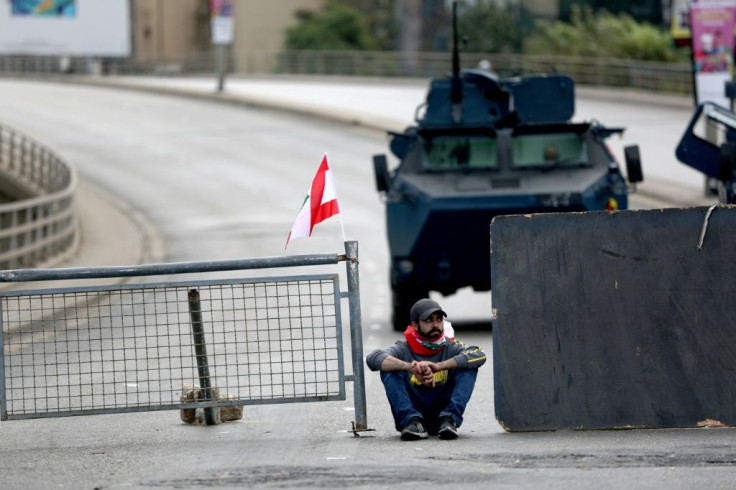
Protests sparked on October 17 by a proposed tax on calls made through WhatsApp and other messaging apps have morphed into a cross-sectarian street mobilisation against a political system seen as corrupt and beyond repair.
Embattled Prime Minister Saad Hariri has presented a series of reforms, including cutting ministerial salaries, but the rallies have continued, crippling the capital Beirut and other major cities.
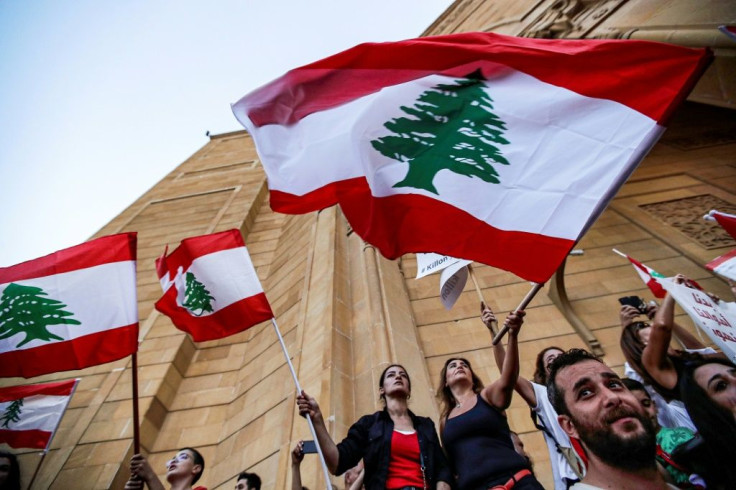
Protesters have vowed to stay on the streets until the entire government resigns.
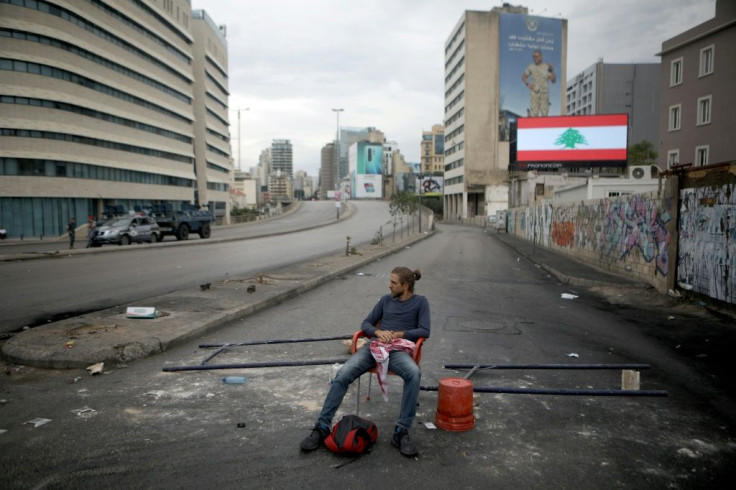
On Wednesday, Hariri held meetings with security and military leaders, stressing the need to "maintain security and stability and to open roads and secure the movement of citizens," according to the state-run National News Agency.
A senior military official confirmed they had orders to reopen main roads, with the army deploying in increased numbers in several areas, including the main road north of Beirut.
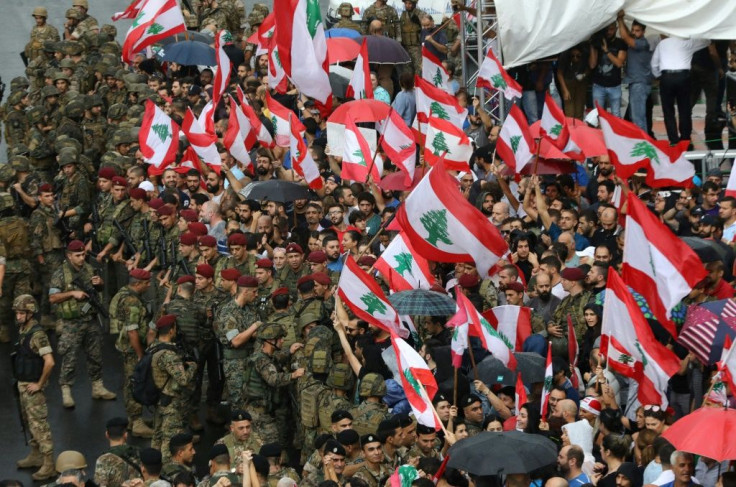
Groups of protesters again gathered to block them, sparking fears of the kinds of clashes seen during the first two days of the demonstrations.
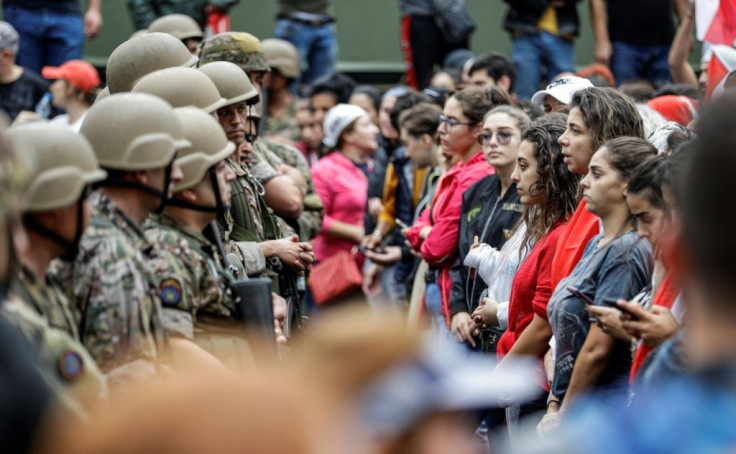
But protesters facing the soldiers began singing the national anthem and chanting "peaceful, peaceful".
A video of one soldier seemingly in tears at the emotion of the scene was widely shared online.
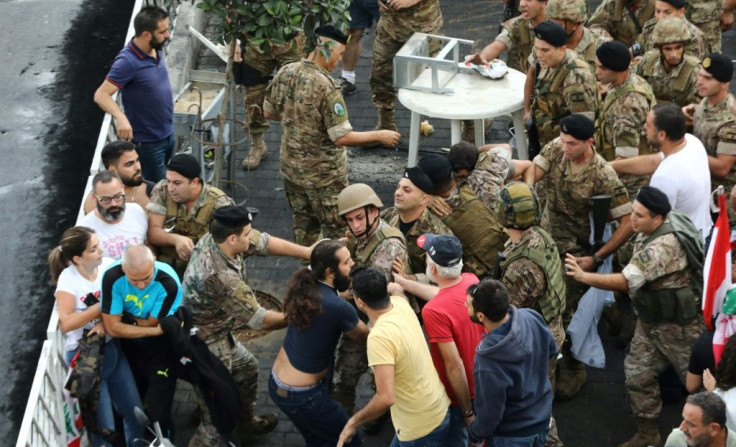
"We saw the tears of soldiers standing in front of us," said Eli Sfeir, a 35-year-old demonstrator. "They are following orders and not happy about breaking up demos."
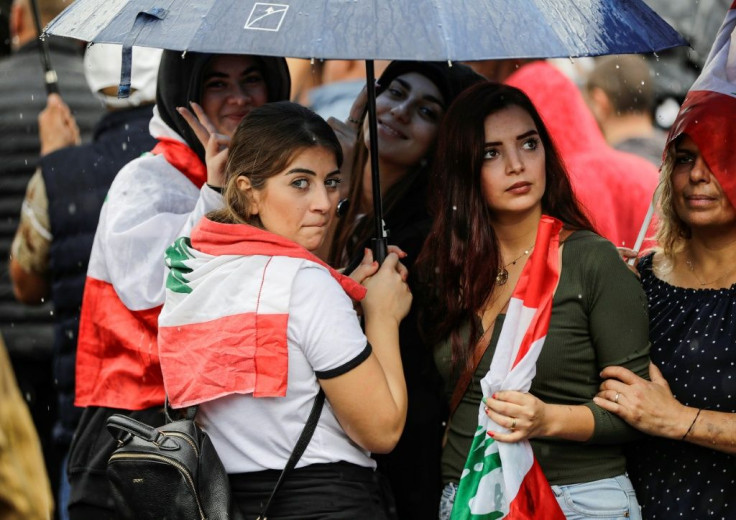
The Lebanese army is one of the most universally supported institutions in an often divided country.
In the southern city of Nabatieh, a Shiite stronghold of the Hezbollah and Amal movements, police tried to disperse protestors by force, leaving several injured, according to the NNA.
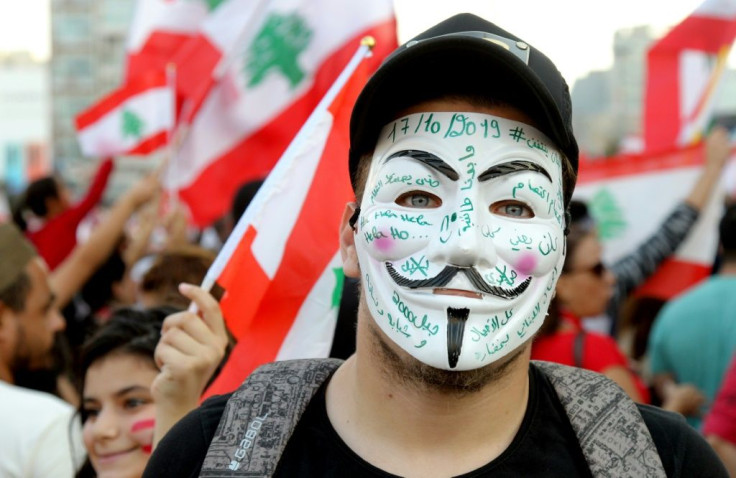
A demonstrator there told AFP protestors had also come under attack from Amal and Hezbollah supporters before the army intervened, forming a human wall to separate them.
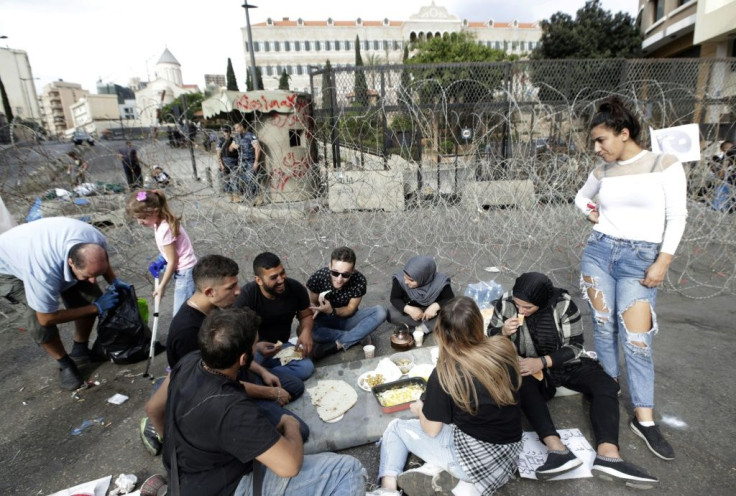
Fresh demonstrations had begun from lunchtime, with thousands again taking over main squares in Beirut and other major cities, though numbers were lower than recent days, partly impacted by the arrival of major storms.
Banks, schools and universities remain closed.
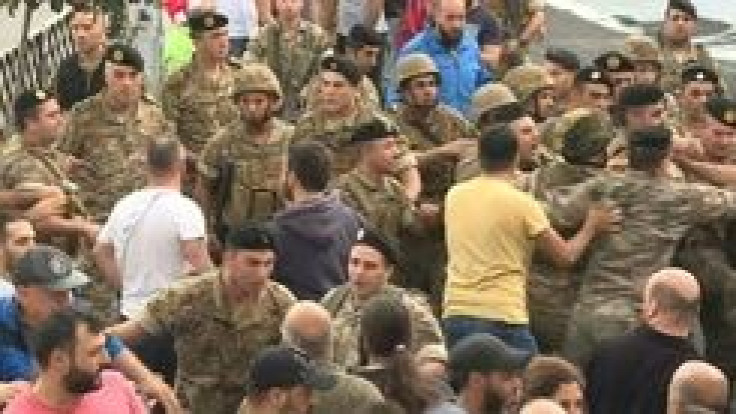
Corruption charges
Separately on Wednesday, a state prosecutor charged former Prime Minister Najib Mikati over corruption allegations.
Mikati, 63, along with his brother, his son and a Lebanese bank have been accused of "illicit enrichment" over allegations of wrongly receiving millions of dollars in subsidised housing loans.
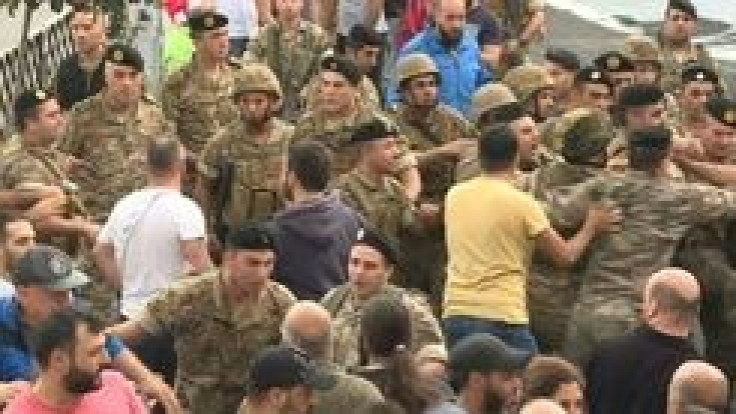
The former prime minister, who was last in power in 2014, denied the allegations.
If convicted, he would be the first former Lebanese prime minister to be sentenced for graft.
While the allegations have been discussed for several years, the timing of the charges was seen by some as a nod to the demonstrators.
Mikati's estimated wealth is $2.5 billion, making him among the 1,000 richest people in the world, according to Forbes.
At one demonstration in Beirut, Michel Khairallah, a young waiter, said people would "block the country until victory".
For him that meant a new government "without corrupt ministers" made up of "young and competent people" able to finally move the country forward.
"They exist, they are just waiting for their turn," he said.
Too little, too late?
More than a quarter of Lebanon's population lives in poverty, according to the World Bank.
The country endured a devastating civil war that ended in 1990 and many of the political leaders are former commanders who often fought along religious lines.
The government is set up to balance power between multiple sects, which include different Christian groups, Sunni and Shiite Muslims, as well as the Druze.
But in reality it often entrenches power and influence along sectarian lines.
Hariri presented a vast economic reform plan Monday, but it did little to assuage the demonstrators.
"Too little, too late?" the French-language newspaper L'Orient Le Jour wondered in a front page editorial Wednesday.
Lebanese media discussed a range of options for further measures, including a government reshuffle and early elections.
The protests, which Lebanese politicians have accepted were spontaneous, do not have a defined leadership.
They were fuelled by concerns over Lebanon's economy, which has been sliding closer to the abyss in recent months. Public debt has soared past 150 percent of GDP and ratings agencies have graded Lebanese sovereign bonds as "junk".
© Copyright AFP 2024. All rights reserved.











